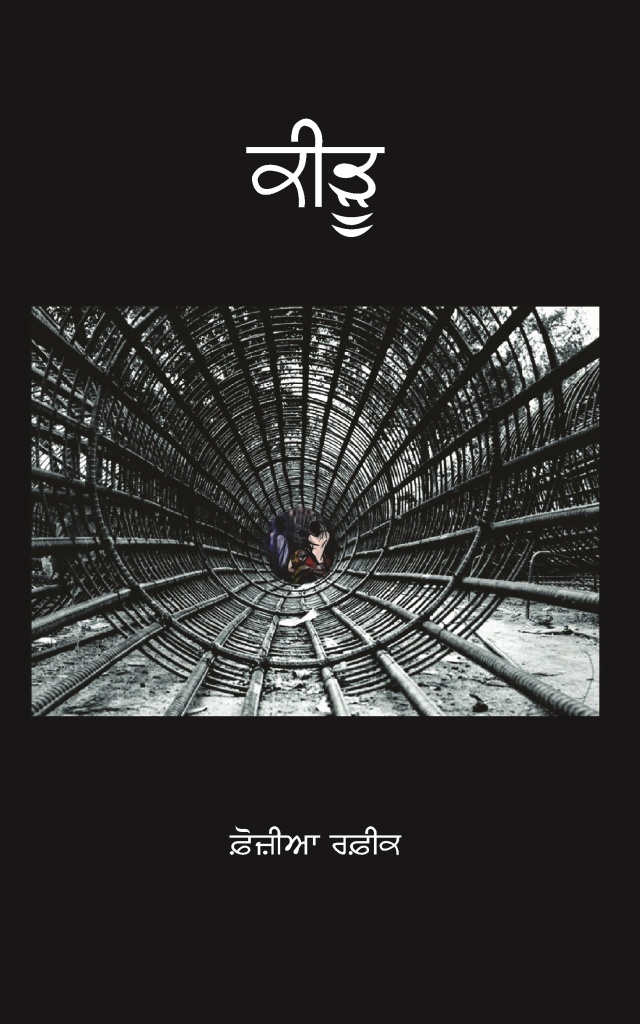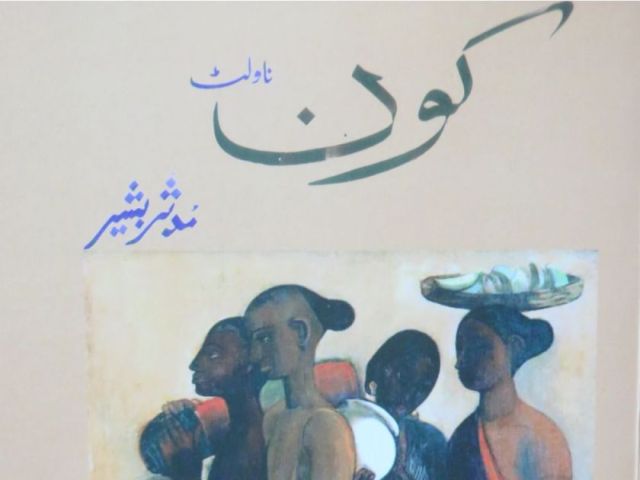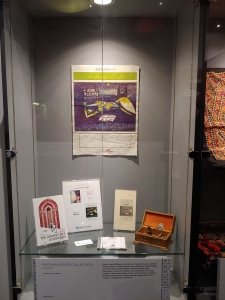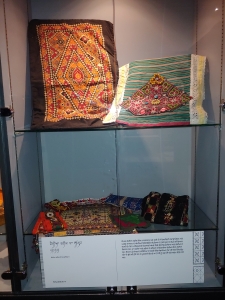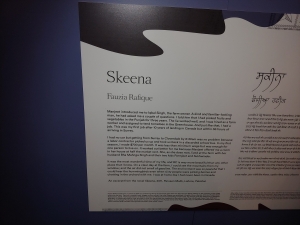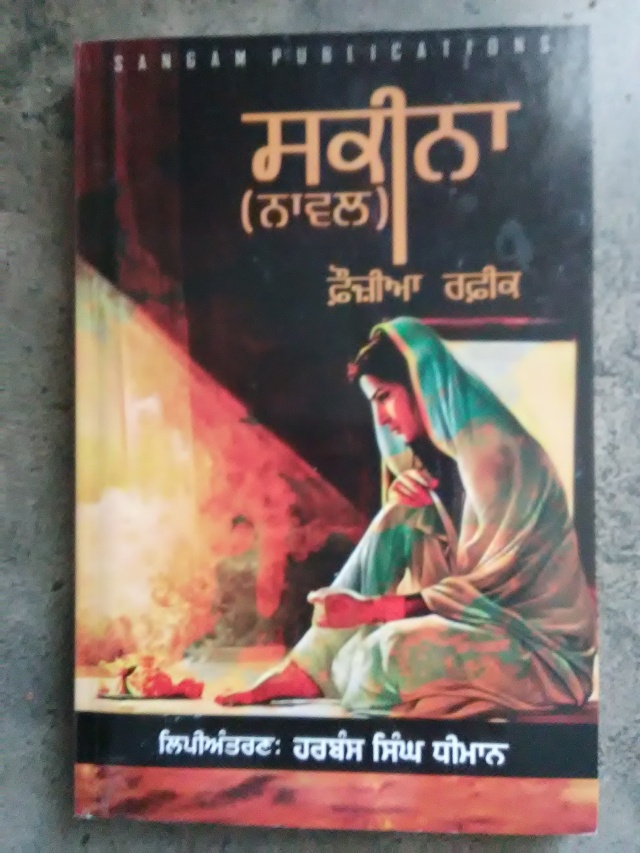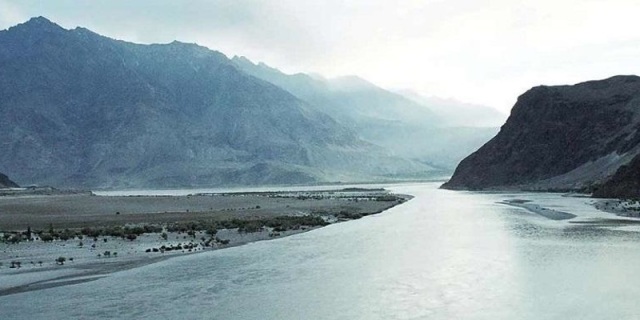In 2013 when Dhahan Prize was in the process of being established in Vancouver, I saw it as a progressive and uplifting force for Punjabi literature and language. It was a happy occasion for me when Anne Murphy (University of British Columbia, Asian Studies) and Barj Dhahan (Canada India Education Society), the two initiators, accepted my definition of ‘Punjabi’ to then include Shahmukhi writers, representing 60% of the World’s Punjabis, to be eligible for the Prize. I facilitated it by providing contacts in the Pakistani Punjab, and by serving on the inaugral advisory committee in Vancouver. My appreciation to Barj, Anne, Harinder Dhahan, and many others for their accomplishments and contributions in pulling it together. Indeed it is the only literary award that offers meaningful monetary reward to fiction writers of both Gurmukhi and Shahmukhi scripts residing in Pakistan, India and the Diaspora- a beautiful placement for community building in our literary landscape!
In seven years, however, that vision, that hope, has been consistently eroded by the political and social interests guiding Dhahan Prize, and now, the project has become more of a conservative push that further debilitates our literary environments with money and undue influence leading to the formation of cliques (‘narrow exclusive circles’, mw) in both India and Pakistan. It seems that the prize structure follows regressive systemic values where personal likes/dislikes and clan-based interests guide literary decisions. It is interesting, for example, that in seven years, not a single Shahmukhi writer, or a woman writing in either script, was allowed to win the main prize.
I also know that Dhahan Prize is not the only one employing discriminatory values and structures to get desired results, that all literary prizes, more so the big ones, operate on similar basis. For example, we see here in Canada and the USA that most big prizes are awarded to straight middle class white men, protecting the systemic values of racism, sexism, class privilege and homophobia. That it may take years of lobbying, bribes, favors and/or public pressure for someone to win a Sitara-e-Imtiaz in Pakistan or a Sahitya Akademi Award in India, and, that the more ‘outstanding’ talent may never get either. That the Nobel is only awarded when it serves the political interests of the so called ‘Western’ governments. Periodically and as needed, exceptions are made to save the credibility of a program, to increase its profits or to enhance its influence.
Knowing this, why did i expect this prize to be any different? The unique possibility with Dhahan Prize is its physical location where it does not have to work with or through the bureaucracy or the politics of either of the governments of the Punujab. They are independent of the social, religious and financial constraints and limitations of both India and Pakistan. In so being, the Dhahan Prize is in the very best position to build non-discriminatory, non-prejudicial, democratic structures that can spearhead the nurturement of leading-edge literature in Punjabi; to provide a pathway for authors tackling themes tabooed by prevalent South Asian value systems, and to support authors coming from historically disadvantaged groups. But would they or can they do it? I hope that the Dhahan Prize recognizes this as the unique opportunity it is, and resolve to do different and better instead of adding more of the same to an already toxic mix.
I was distraught last year to find that in their media releases and events, the Dhahan Prize stage was repeatedly handed over to an English language fiction writer of Punjabi origin- in the presence of three (of their own) award winning authors. It made me feel disrespected as a Punjabi writer, and in my small way, i responded by changing the emphasis of their media release by choosing another photo and rearranging the text in my event information post on Uddari, and, by participating in the discussion in one of the events. I wonder if, like many others in our community, the organizers also are inwardly ashamed of Punjabi writers writing in Punjabi.
Earlier this year, when i was submitting my novella Keerru to Dhahan Prize, i asked Maqsood Saqib (Pancham and Suchet Kitab Ghar) who had published his second short story collection, if he had submitted it. His first collection, containing the story ‘Pappu’, is a tone-setter for the narrative of modern short fiction in Shahmukhi. He hadn’t; i asked him why not, and he said something like: ‘literature is not written to win prizes’, and i said, yes indeed it’s not but if a book is already written and there’s a prize then why not submit it. He did not agree. This points to another discomfort. If authors are asked to submit to the prize themselves, not only that it sets up a relationship of ‘patronage’ with the prize but it also means that works by authors such as Saqib, and now myself, will stay out of Dhahan Prize’s lists. I don’t know how in the long run, this ongoing process of ommission will serve Punjabi literature, language or culture.
This is sad, and at this rate, within the first decade of its existence, Dhahan Prize will become well known for generously rewarding mediocrity and opportunism in Punjabi literature- instead of encouraging excellence and ingenuity.
Earlier this month, my novella ‘Keerru’ was shortlisted for Dhahan Prize but I hesitate to accept it as a compliment or to take it as a credit. My work does not need to be endorsed by compromised juries working through processes marred by favoritism and personal career agendas. I would rather continue with my walk.
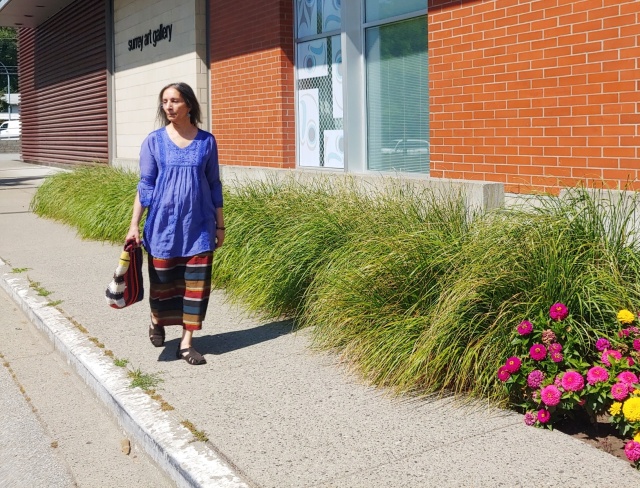 Photo by Hafsah Durrani
Photo by Hafsah Durrani
Fauzia Rafique
Surrey BC
October 18, 2020
Novella ‘Keerru’
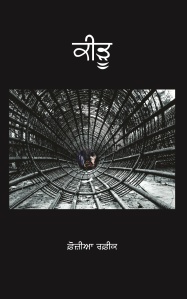 Gurmukhi ebook
Gurmukhi ebook
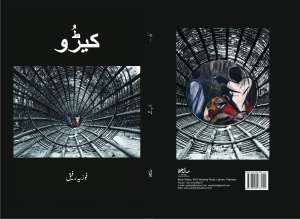
Shahmukhi : Sanjh Publications, Lahore
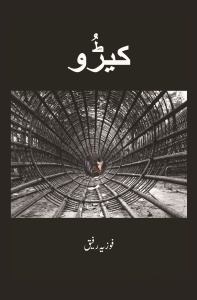 Urdu ebook
Urdu ebook
Novel ‘Skeena’
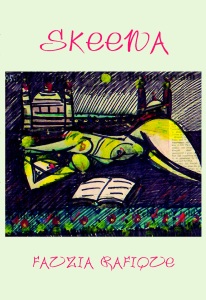 Shahmukhi, Gurmukhi and English Editions
Shahmukhi, Gurmukhi and English Editions
..
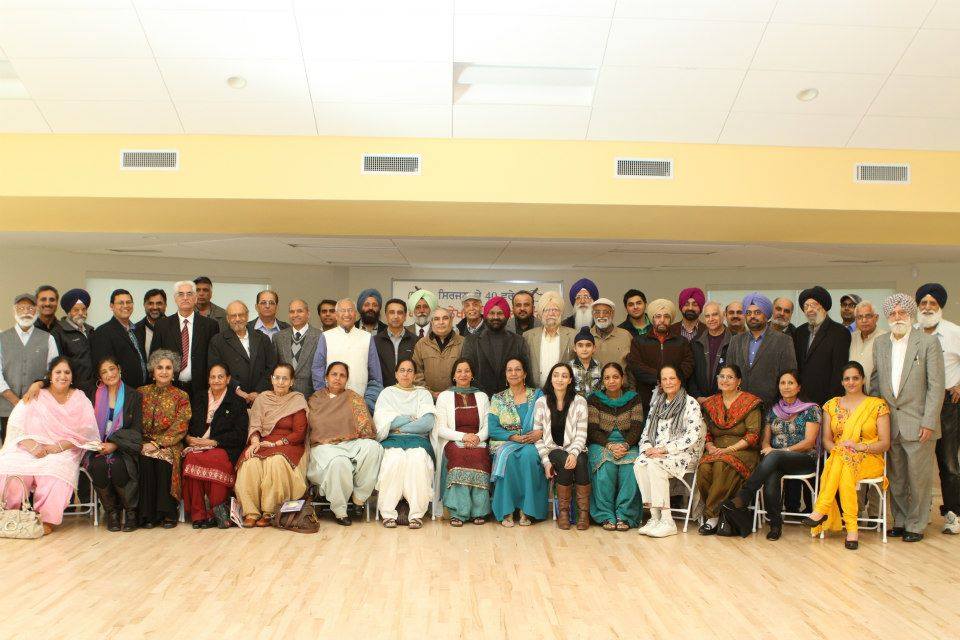
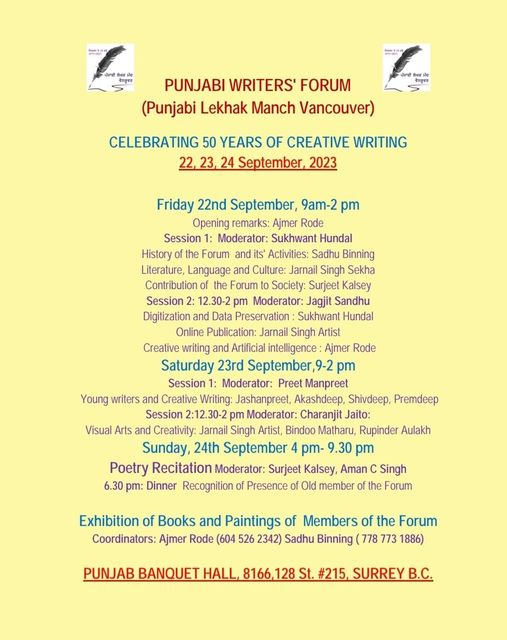





 Urdu ebook
Urdu ebook
